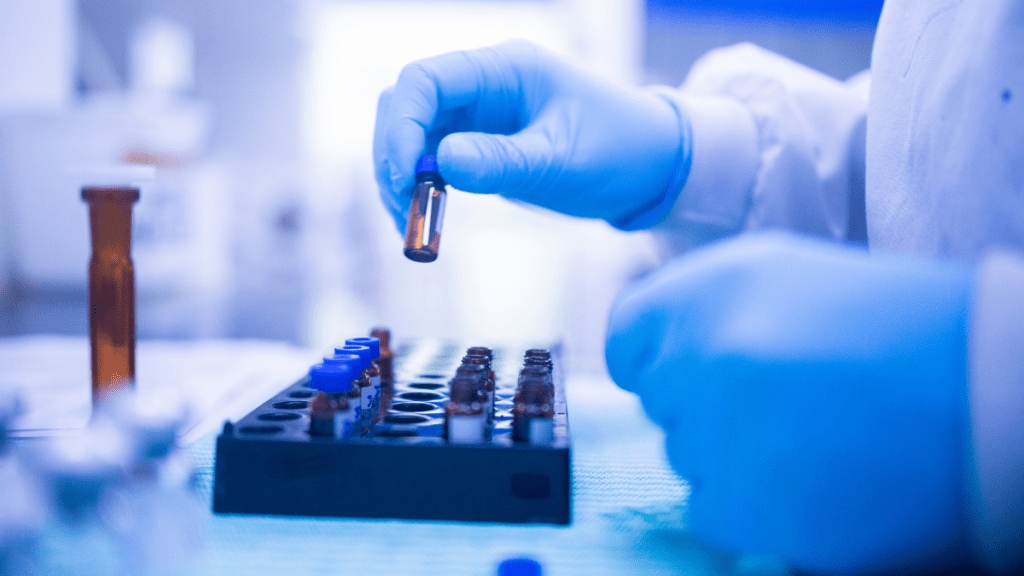While the UK tariff on drugs is already nil, the trade pact will help India’s exporters of pharmaceutical and medical devices with procedural flexibility.
“There are no tariffs imposed by the UK on Indian drugs. However, we expect the FTA to provide procedural flexibility to the domestic pharma companies selling their products in the UK,” said an official at a leading pharma association, on condition of anonymity.
The official further said that he expects the pact to reduce the product registration timelines from about 1.5-2 years at the moment to less than a year. “In almost all countries, the average time to get the product registered is 2 years. India signed a trade agreement with UAE a few years ago under which the product registration timeline has been reduced to 90 days. We are expecting such non-tariff barriers to come down, and there will be fast-track approvals of drugs,” he said.
Pharmaceutical exports
India’s pharma exports to the UK stood at $914 million in FY24. Namit Joshi, chairman of Pharmexcil said that the agreement is expected to strengthen supply chains, enhance access to affordable medicines, and drive foreign direct investment (FDI). “It also paves the way for collaborations in bulk drug imports, contract development and manufacturing organisation (CDMO), and joint research, empowering India’s competitive edge and promoting global partnerships,” he said.
Meanwhile, analysts said that the UK is a highly price-sensitive market, and any reduction in drugs prices would give an edge to the Indian companies. “In terms of pricing, the drugs sold in the UK are priced nearly one-third of the US rates on a like-for-like basis. A zero tariff regime would leave scope for the Indian drugmakers to grow their market share,” said an analyst at a brokerage firm.
As per the official documents, Indian drugs exported to the UK attracted tariffs across 56 tariff lines. Despite a relatively smaller number of tariff lines, the pharma sector holds high value and strategic importance. “The zero tariff provisions under the FTA are expected to significantly enhance the competitiveness of Indian generics in the UK market, which remains India’s largest pharma export destination in Europe,” the official document said.
The official documents further said that a significant share of medical devices like surgical instruments, diagnostic equipment, ECG machines, X-ray systems will not attract any duty. This will reduce the cost of Indian MedTech companies and make their products more competitive in the UK market.
MedTech
However, Rajiv Nath forum coordinator at AiMeD (Association of Indian Medical Device Industry) said that the medical devices imported into the UK were already duty-free, so tariff restrictions were not an issue but the regulatory approval costs and time were a challenge. “We sought recognition of Indian CDSCO regulatory approval or QCIs voluntary Indian certification for medical devices to fast-track regulatory approval by UK MHRA and address non-tariff measures faced by Indian exporters, and we look forward to an update on this,” he said.
Nath said that there’s also a need for strict monitoring and verification of ‘Rules of Origin’ to prevent the misuse of the FTA by possibility of routing third-country products through the UK as purportedly UK-made goods.
In 2024, India exported medical devices worth Rs 1015 crore to the UK, which was up 13% from the previous year. Import of medical devices from the UK (to India) grew 36% in 2024 at Rs 2,295 crore.


